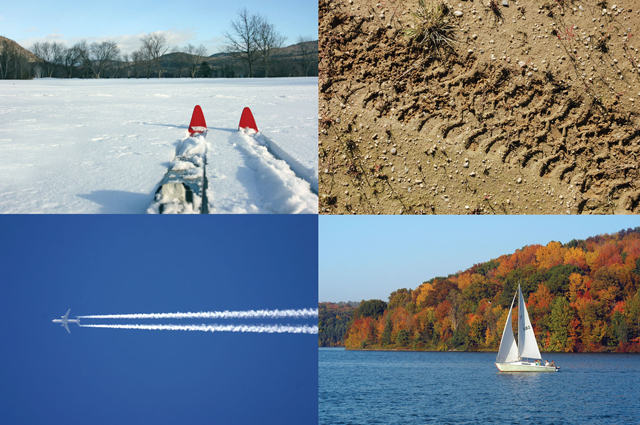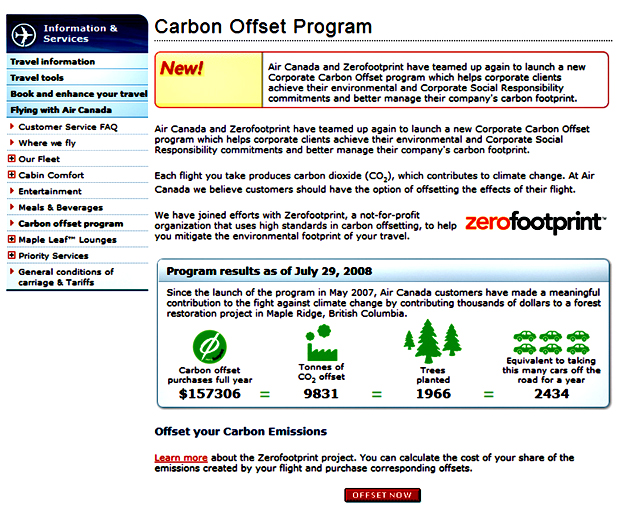Module 1
1. Module 1
1.6. Page 4
Module 1—Thinking Energy
 Reflect and Connect
Reflect and Connect

top left: © cappi thompson /shutterstock top right: © Philip Lange /shutterstock
bottom: left: © Scott T. O'Donnell/shutterstock bottom right: © Alan Freed /shutterstock
All forms of transportation require energy. What forms of energy and energy sources are necessary in the forms of transportation shown in the graphic? What relationship do these forms of energy have to the sun? If you were planning an ecotour of your local area, which forms of transportation would best fit your tour's needs? Why would you have to rely on those forms of energy? Is there a way to make transportation in your area less harmful to the environment?
RC 1. Consider these questions and others you may have thought of as you worked through this lesson. Write answers or sketch notes to yourself. Create a sub-folder titled "ecotour planning" in your course folder. Save your answers and notes in this new sub-folder. You will refer back to this sub-folder throughout Module 1.
 Reflect on the Big Picture
Reflect on the Big Picture
Ecotourism provides an opportunity to preserve natural areas by promoting sustainable travel. Ecotourists want to learn and experience the resources of an area but do not want to adversely affect the area's environment. In this lesson you began to consider some of the aspects of an ecotour. You will continue to consider other aspects of ecotourism in the coming lessons.
Use this opportunity to make some initial plans for your ecotour.
- What is unique about the area in which you live? How could this be the foundation for an ecotour?
- What locations will you visit in your ecotour?
- What activities will you do while you are at these locations?
- How will the participants in your ecotour get to and from these locations?
- How will your participants explore the different regions you take them to?
- Can you make the tour accessible to people with disabilities and, if so, what changes might you have to make to your plans?
Estimate the activity level of the participants in your ecotour. Use that information and the information you gathered about your own personal energy intake and requirements in your Lesson 1 Assignment to identify the foods you will need to meet your participants' energy needs.
Place your brief answers to these questions and any other ideas you have in your ecotour planning sub-folder.
 Try This
Try This
Buying carbon offsets has become an option for many travellers.

© Air Canada 2007
TR 3. What is a carbon offset?
TR 4. Is offering a traveller the opportunity to purchase a carbon offset consistent with the principles of ecotourism?
TR 5. Does allowing a traveller the opportunity to buy a carbon offset make this person more conscious of society's choices regarding energy use?
Place your answers to these questions in your ecotour planning sub-folder. You will be asked to review the information in this sub-folder as you finalize your ecotour plans later in Module 1. For example, you may use the information you gather on carbon offsets to determine whether your tour will include the option to purchase a carbon offset.
 Module 1: Lesson 1 Assignment
Module 1: Lesson 1 Assignment
Submit your completed Module 1: Lesson 1 Assignment to your teacher.